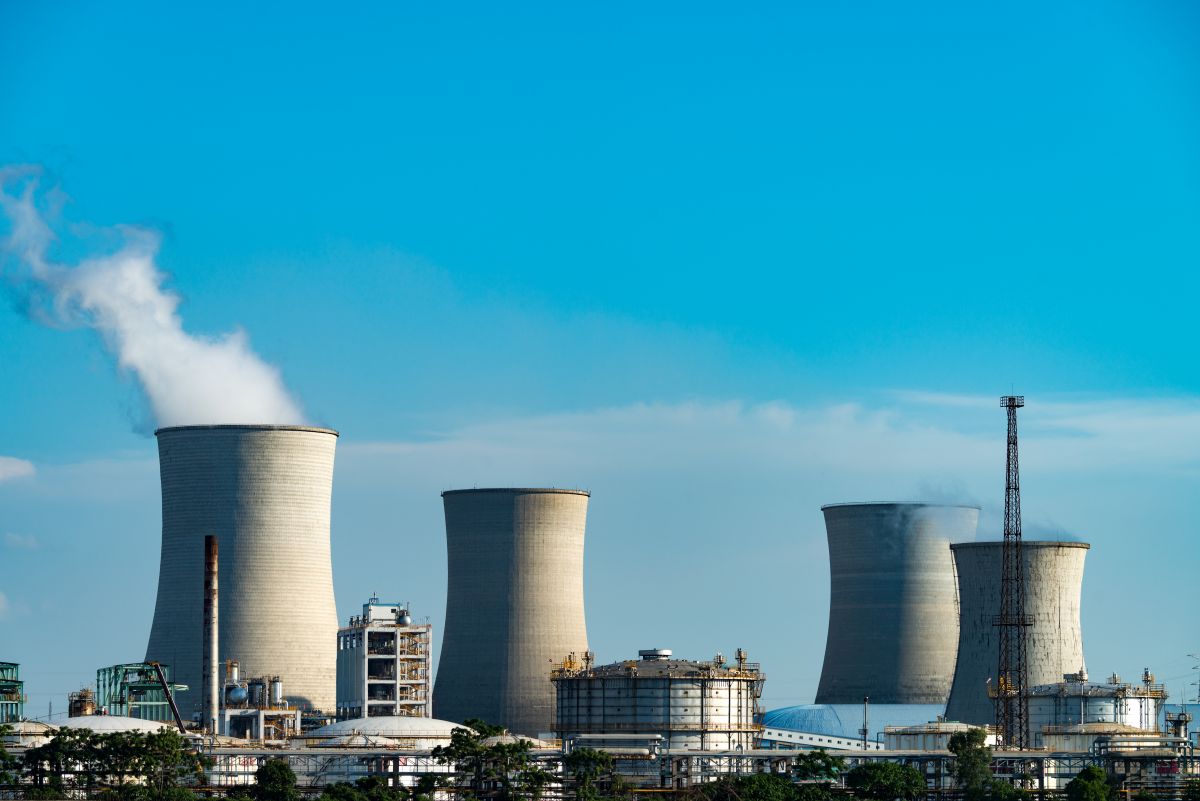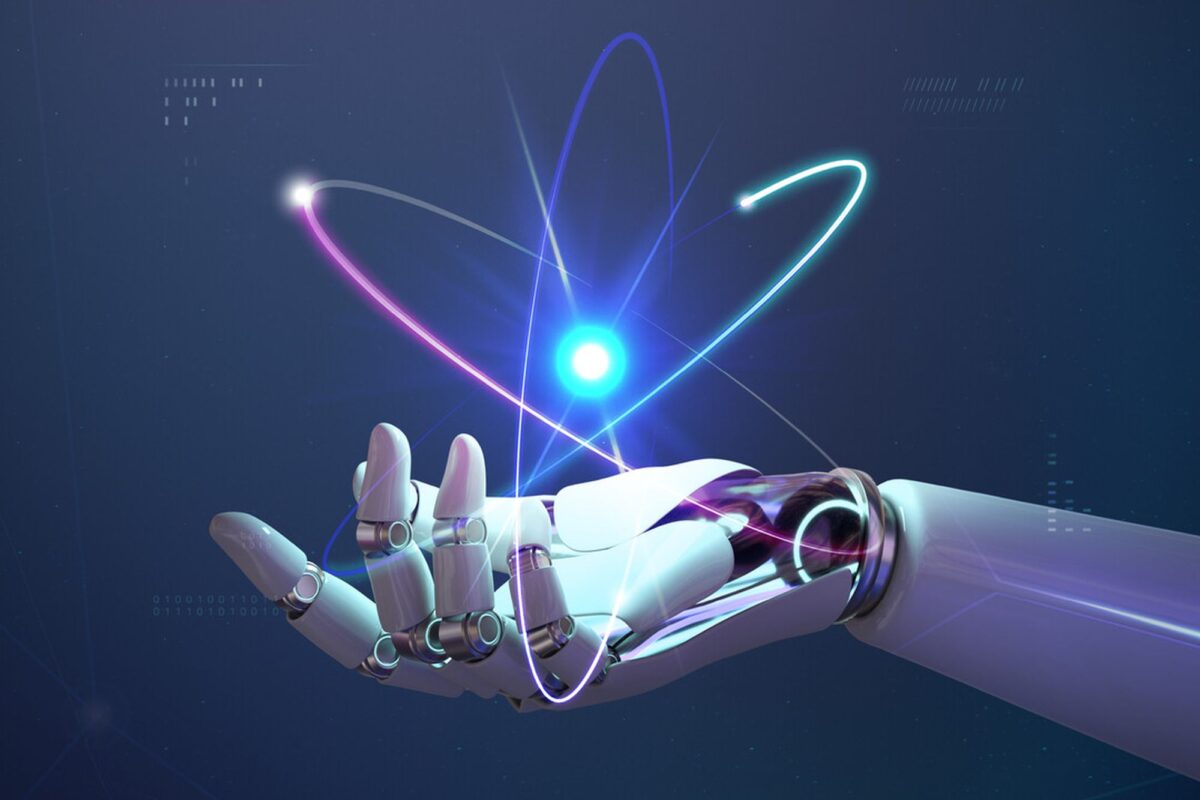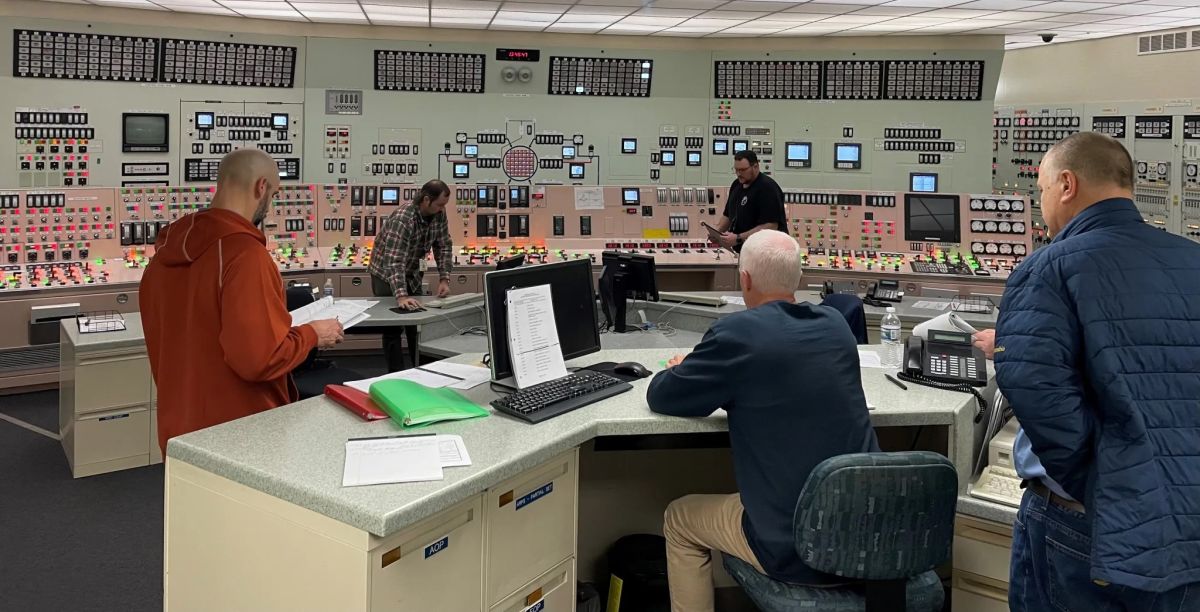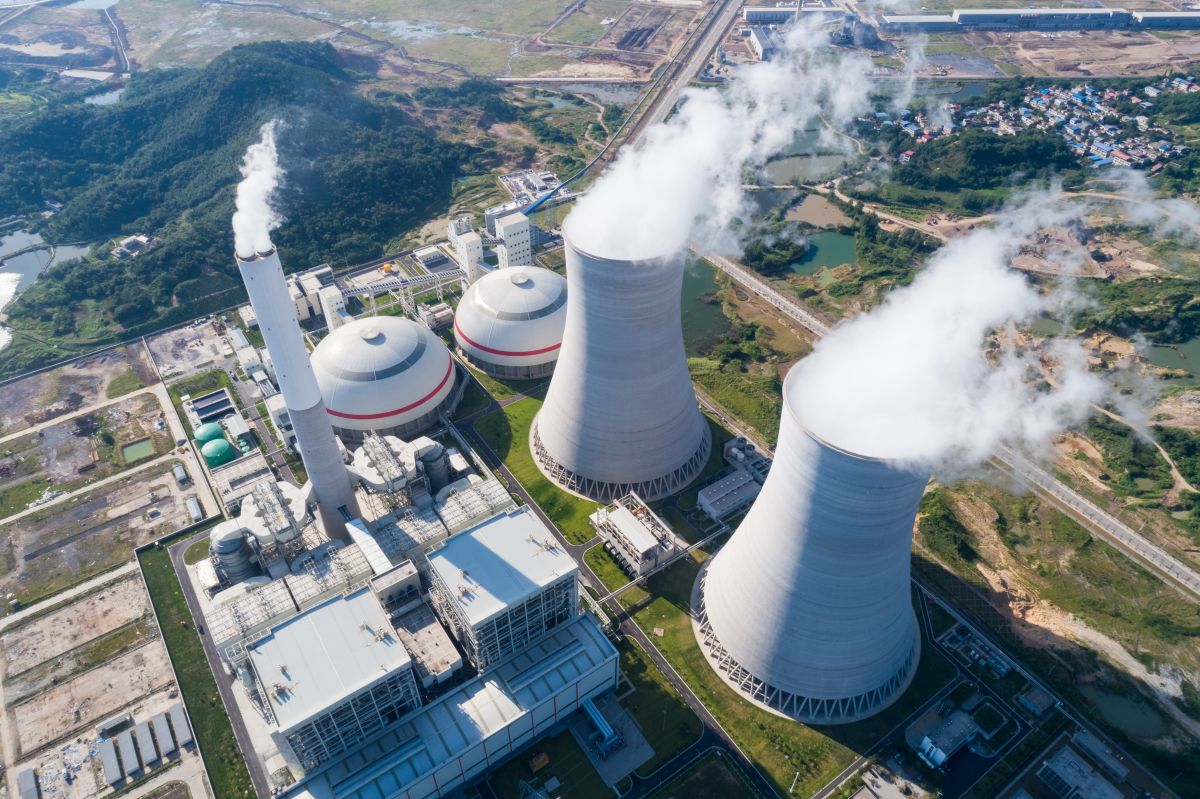As major tech companies expand their digital infrastructure, the challenge of sustaining nuclear-powered data centers has intensified. Valuing energy efficiency and carbon neutrality, Amazon and Google have now turned to nuclear energy as a clean power solution for their operations. Both companies have announced substantial investments in nuclear energy projects to provide clean, reliable power to their data centers. While Amazon has partnered with startup Oklo, Inc., Google has joined forces with TerraPower, a company co-founded by Bill Gates. These commitments underscore a major shift in energy strategy as nuclear power becomes a competitive option for clean energy in data operations.
Amazon’s Partnership with Oklo: Pioneering Compact Nuclear Reactors
Amazon’s decision to partner with Oklo, a nuclear startup, reflects a forward-thinking approach to energy sourcing. Oklo’s innovative microreactors, often called “mini nuclear power plants,” provide a compact, efficient power solution. Unlike traditional large-scale reactors, Oklo’s microreactors are designed to be small, modular, and suitable for decentralized power generation. Each unit can produce up to 1.5 megawatts of power, enough to sustainably run smaller data centers or contribute to a larger network.
One standout feature of Oklo’s technology is its closed fuel cycle. Traditional reactors require new uranium fuel rods periodically, but Oklo’s design can operate on spent nuclear fuel, potentially reducing nuclear waste. Amazon’s investment in this technology supports its clean energy goals and could pave the way for broader applications of microreactors in other industries where stable, carbon-free energy is essential.
Related blog: Reimagining Nuclear Energy Through Microreactors
Google’s Alliance with TerraPower: Leveraging Advanced Reactor Design
While Amazon has partnered with Oklo, Google is betting on TerraPower, an advanced nuclear energy company founded by Bill Gates. The Natrium reactor’s design emphasizes safety and scalability. The sodium coolant allows the reactor to operate at a lower pressure, significantly reducing the risk of leaks or accidents associated with traditional reactors. Google’s collaboration with TerraPower reflects its commitment to a grid-integrated approach, where nuclear energy can complement other renewables to stabilize power supply. This initiative could be a game-changer for the tech industry, making it feasible for large data centers to be powered entirely by renewable energy without compromising reliability.
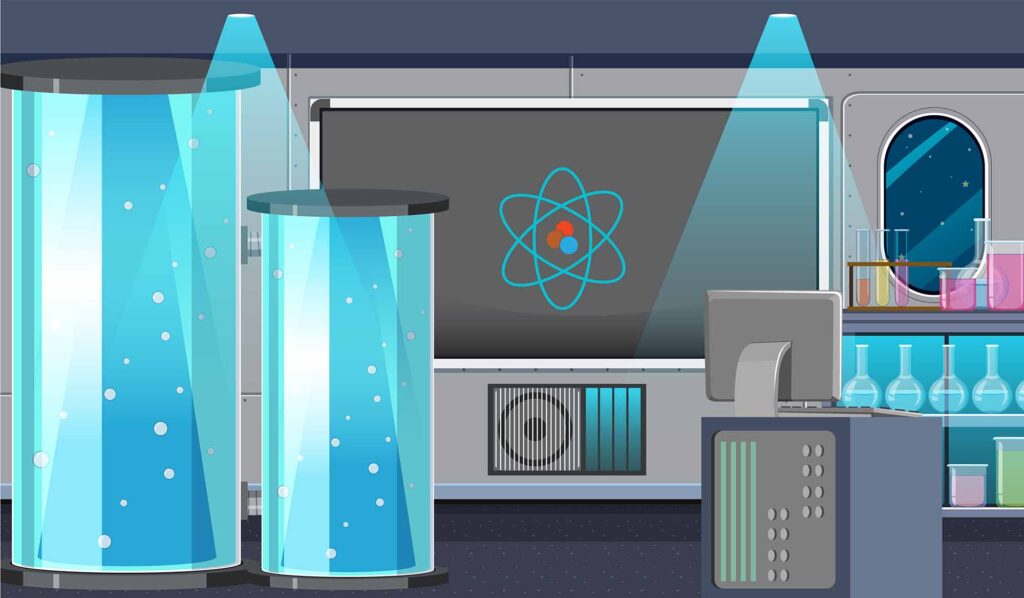
Balancing Safety and Environmental Concerns Related to Nuclear Energy
Amazon and Google’s adoption of nuclear energy has reignited discussions around safety and environmental implications. Nuclear energy is often misunderstood due to historical accidents at facilities like Chernobyl and Fukushima. However, reactor design and operational protocol advances have significantly minimized such risks. Both Oklo’s microreactors and TerraPower’s Natrium reactors incorporate passive safety mechanisms, meaning they can safely shut down without external power or human intervention.
In terms of environmental impact, nuclear energy offers a major advantage as it produces zero greenhouse gas emissions during operation. This contrasts with fossil fuel power plants, contributing to carbon pollution and global warming. While nuclear waste disposal remains a valid concern, innovations like Oklo’s closed fuel cycle, which uses spent fuel, could offer a pathway to reducing waste. For tech companies prioritizing sustainability, these advancements make nuclear energy an increasingly viable option for large-scale, low-carbon power.
Conclusion
Amazon and Google’s investments in nuclear energy mark a new chapter in the tech industry’s journey toward sustainability. By turning to advanced nuclear technology, both companies are securing a reliable energy supply for their data centers and contributing to global efforts to reduce carbon emissions. As nuclear energy becomes a focal point for clean power innovation, it could reshape energy strategies across industries, offering a robust solution to meet the demands of a data-driven world.
With the backing of influential tech giants, the future of nuclear energy looks promising. Amazon and Google’s pioneering moves may set a precedent, encouraging other companies to adopt advanced nuclear technologies, creating a pathway toward a cleaner, more resilient digital ecosystem. As the world moves closer to a carbon-neutral future, these investments could be transformative in balancing energy demands with environmental responsibility.
Disclaimer: Any opinions expressed in this blog do not necessarily reflect the opinions of Certrec. This content is meant for informational purposes only.



